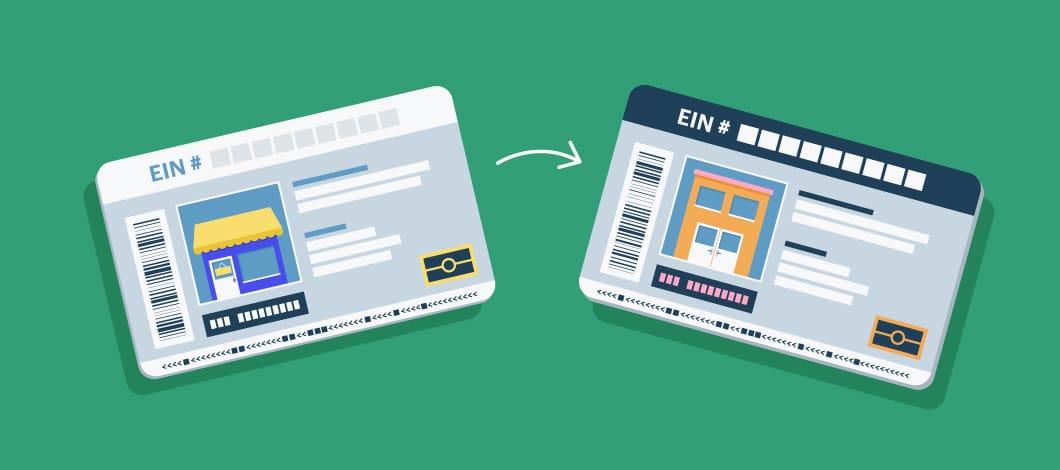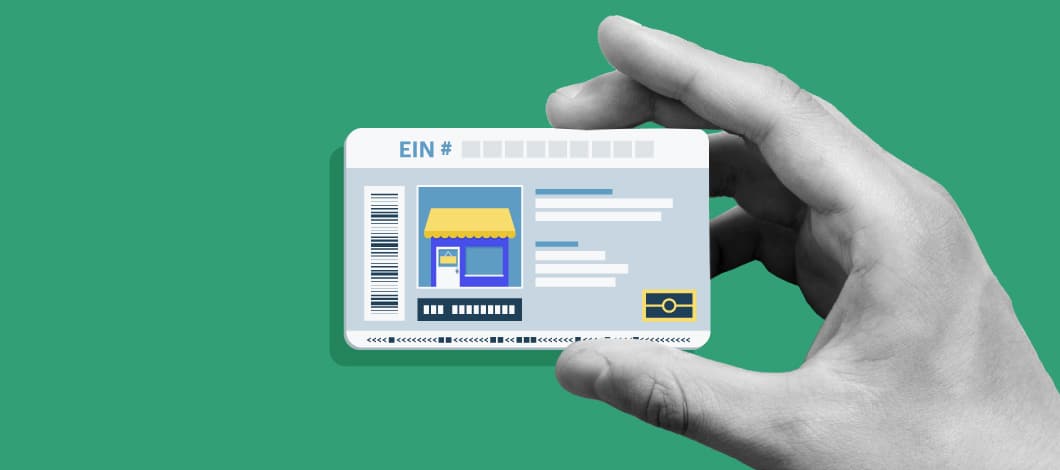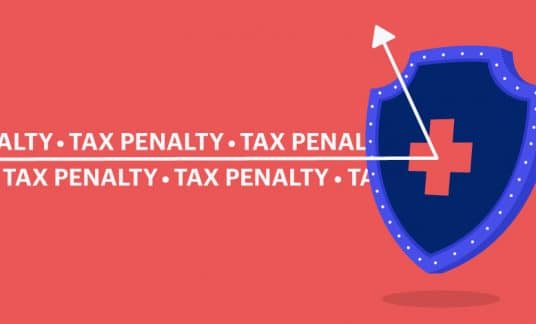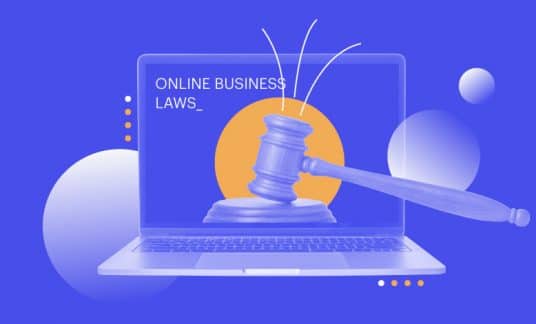A business tax ID, also known as an employer identification number (EIN), is an Internal Revenue Service (IRS)-issued unique identifying number.
Your business EIN is like a Social Security number, but it’s exclusively for your company. This 9-digit number serves as a federal tax ID for your business, and banks and vendors might ask for it before doing business with your company.
Here’s what you need to know about getting a tax ID for your business and when you’ll need it.
Why Do You Need a Business Tax ID Number?
Your small business needs an EIN or a business tax ID if you plan to:
- Open a business bank account.
- Apply for a business loan.
- Apply for a business credit card.
- Seek a Small Business Administration (SBA) loan through an SBA-approved lender.
- Apply for local business permits and licenses.
- File federal and state tax returns. (You may need a state EIN.)
If you’re in a business that collects excise taxes or is related to alcohol, tobacco or firearms, you need a business tax ID to file those reports to the government.
A sole proprietorship without employees doesn’t need an EIN. You will file your business income taxes with your personal tax return, using your Social Security number as your business taxpayer ID.
When Is a Business Tax ID Required?
Per IRS regulations, you’ll need a business EIN if:
- Your business hires employees.
- The business type changes to a C corporation, limited liability company or partnership.
- The company withholds taxes on income earned by nonresident aliens.
- You set up a Keogh plan (a tax-deferred pension plan for self-employed people) or a solo 401(k) plan.
- The business works with trusts, nonprofit organizations, real-estate mortgage investments and estates.
- You use independent contractors and issue Form 1099s.
-
Tax ID vs. EIN
Although there are 2 different names, your business tax ID number and business EIN refer to the same identification number for your company.
How to Get a Tax ID Number
When it comes to getting a tax ID number for your business, you’ll find that the better prepared you are, the smoother the process. Follow these steps to help guide you through the application.
1. Gather Your Documents
Make sure you have all of the paperwork you’ll need to apply for your business EIN. Your documents’ information is relevant to your business and includes the following:
- Your business’s name
- Your business’s legal structure
- Your business’s address
- Your taxpayer identification number, such as your Social Security number, individual taxpayer identification number or an existing EIN.
2. Choose How You’ll Apply
The IRS offers an EIN application online — and prefers that people apply through this option. The agency also accepts business tax ID applications by mail, telephone or fax.
You can get a free EIN from the IRS, but other agencies offer a service to get the number for you. However, these companies will charge a fee (sometimes more than $60) to help you obtain your business tax ID.
3. Fill Out Your Application
Go to the IRS website to apply for your federal tax ID for your business. Note that the IRS requires you to complete your application in a single session; you can’t save your progress and finish later. Make sure you read and understand the application before submitting it.
4. Receive Your Business Tax ID Number
You should receive your business EIN almost instantly after submitting your application. For safekeeping, save a copy of the confirmation letter on your computer and print out a hard copy to store with your company’s other legal documents.

When Do You Need to Change Your Business EIN?
Most changes in your business won’t require a new business tax ID. Even so, some instances might come up that will need a different state or federal tax ID for business.
- Changing a business type, like from a sole proprietorship to a partnership or corporation, will require a new EIN. However, you won’t need a new EIN for simply changing the name or address of the business.
- If the Secretary of State of your location issues a new charter for the corporation, you will have to file for a new business EIN.
- A sole proprietorship undergoing bankruptcy requires a new business tax ID number.
- An ownership change of the business entity will need a new EIN to show the transfer of assets. If you’re operating as the sole proprietor and you inherit a company, file for a new business tax ID.











